Atheist Biologist Sparks Controversy by Criticizing Transgender Ideology and Embracing a “Binary” View of Gender
Richard Dawkins, a prominent atheist and evolutionary biologist, recently delved into the complexities of gender identity on his podcast “The Poetry of Reality.”
Known for his critical approach, Dawkins sparked a significant debate by questioning the validity of transgender ideology and advocating for a binary understanding of sex, dividing it strictly into male and female categories.
Dawkins on the Binary Nature of Sex
Dawkins articulates his stance clearly, finding the concept of multiple sexes peculiar and at odds with his understanding of evolutionary biology.
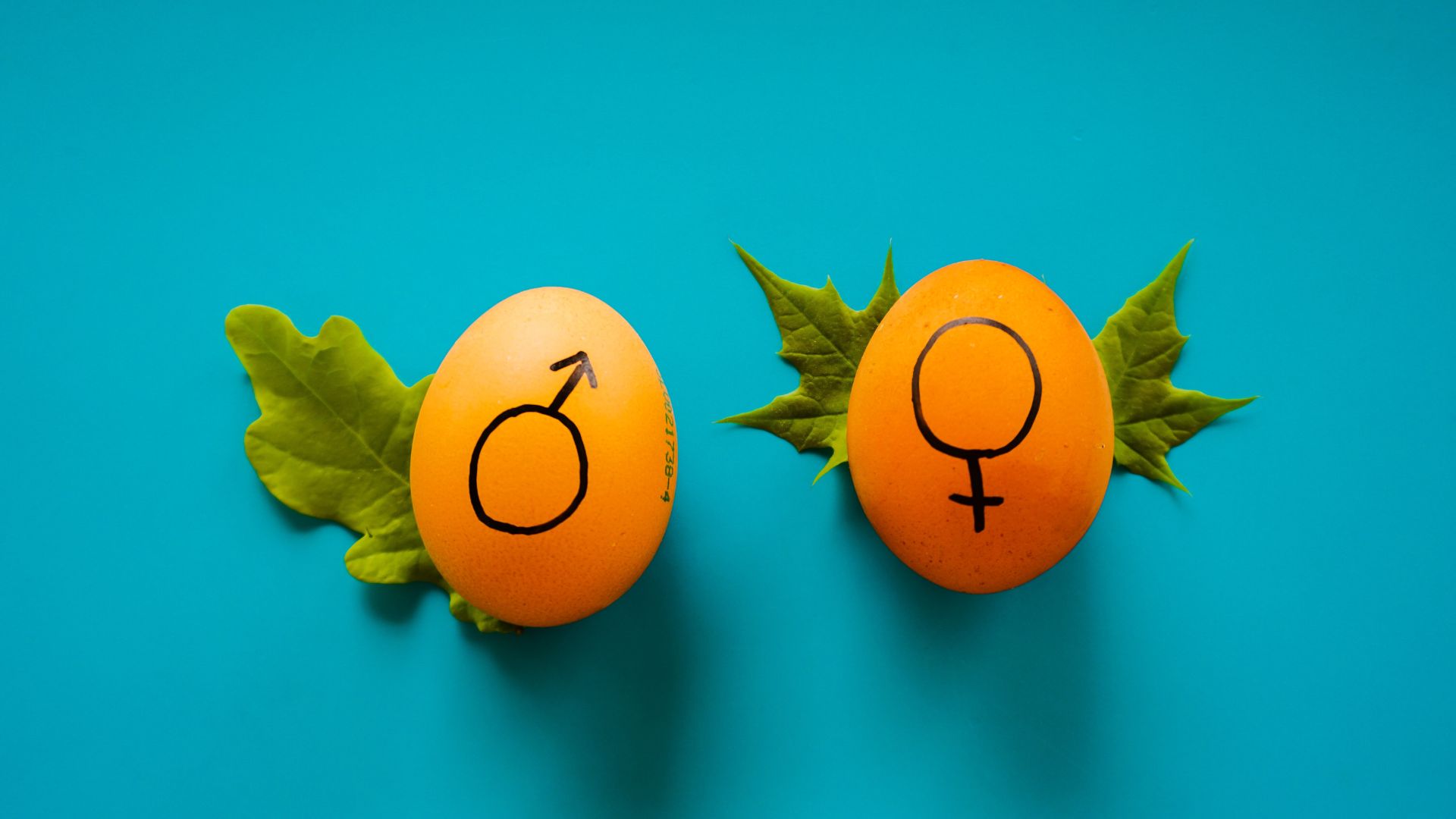
Source: Dainis Graveris/Unsplash
His position is straightforward: sex, in his view, is binary, comprised of male and female, a division he considers to be unequivocally clear and based on scientific evidence.
The Biological Basis of Sex
According to Dawkins Expanding on his views, Dawkins references biological characteristics such as gamete size and chromosomal differences to support his binary perspective of sex.
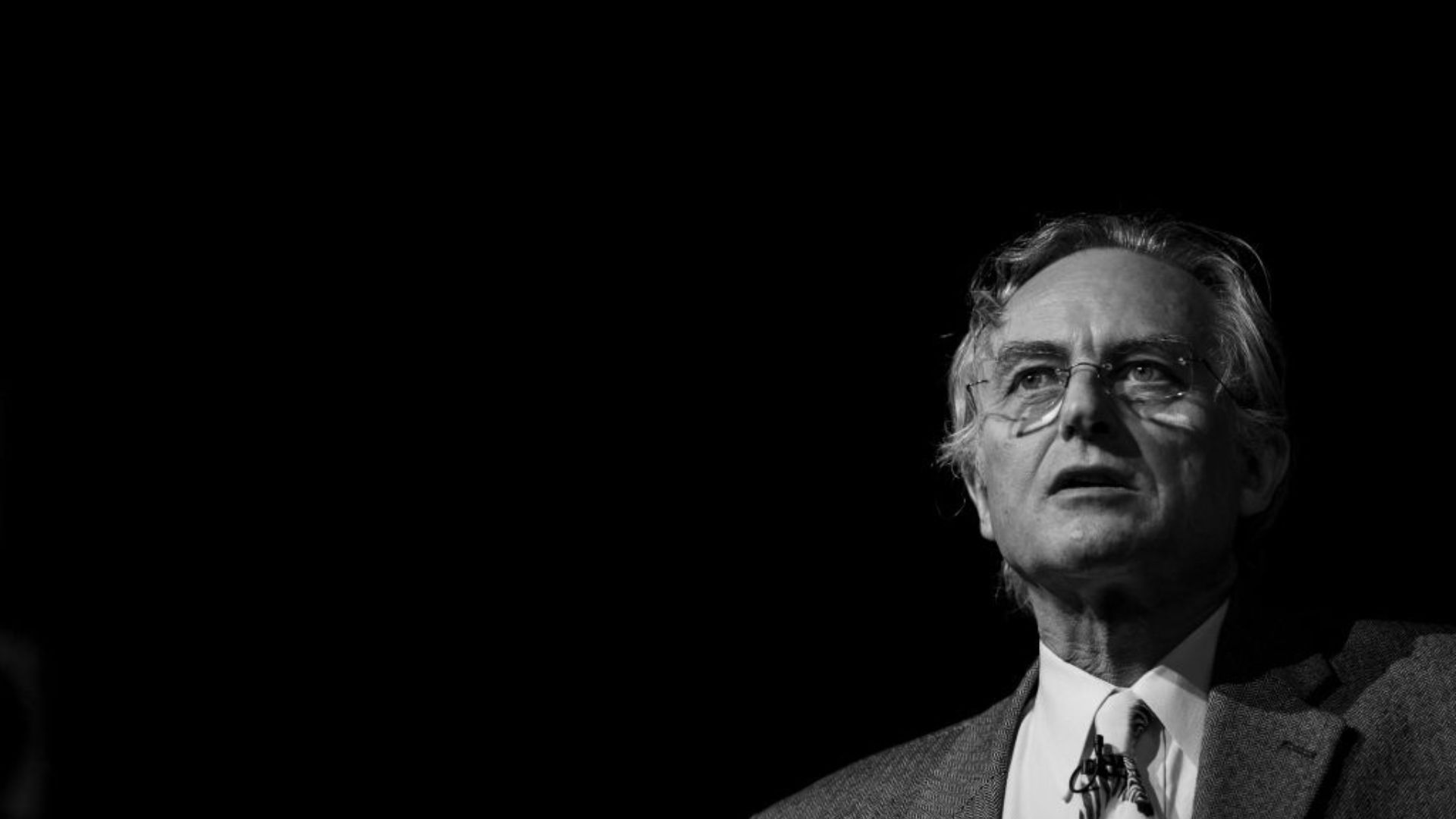
Source: Getty Images
He expresses bewilderment at the idea of self-identification of sex that deviates from traditional biological standards, labeling such beliefs as unconventional.
The Sensitive Nature of Questioning
Journalist Helen Joyce joins Dawkins in the conversation, highlighting the delicate nature of the discourse surrounding transgender issues.
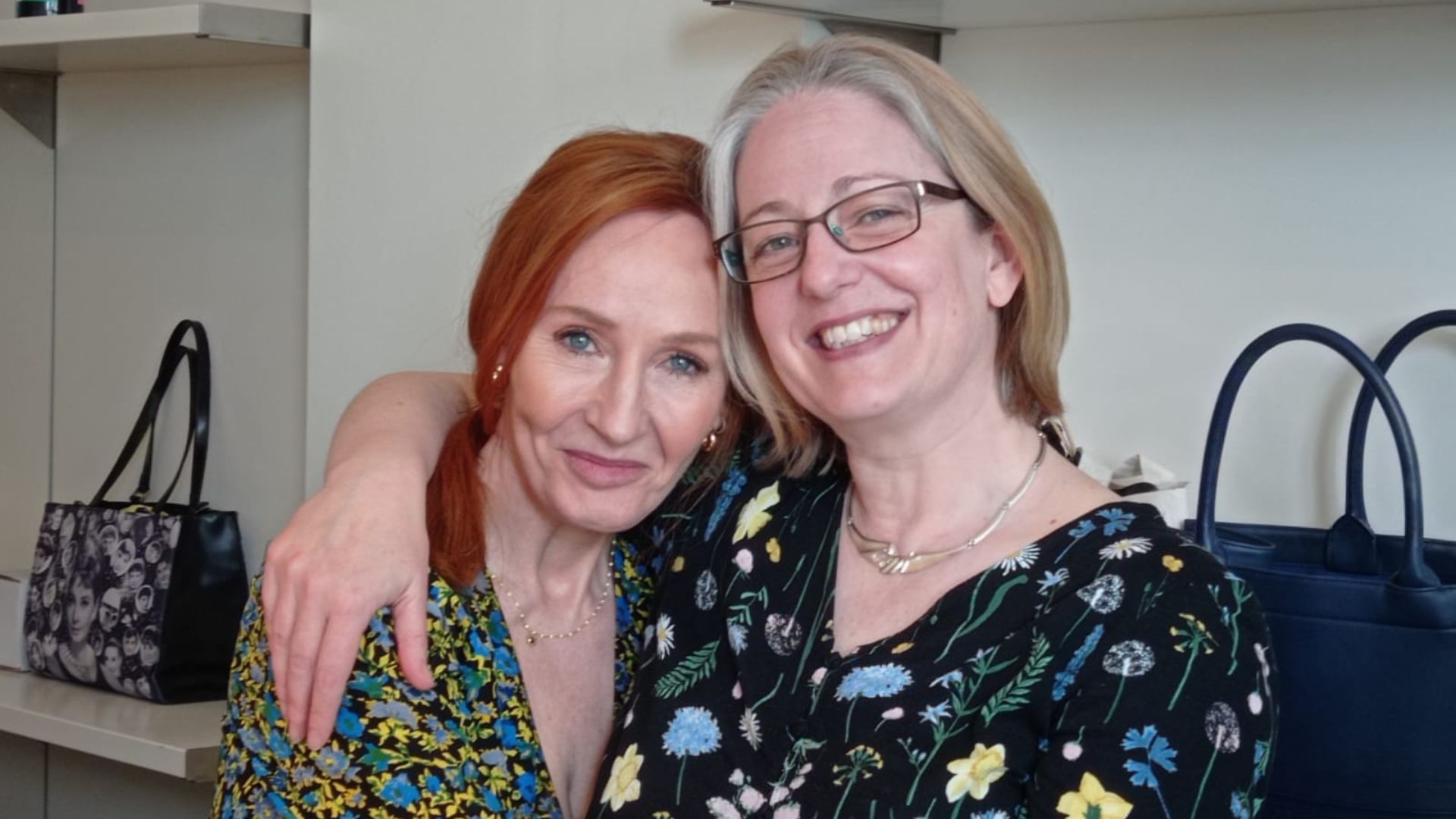
Source: Helen Joyce/ X
She points out that in current societal discussions, inquiring or debating fundamental aspects of transgenderism is frequently dismissed or condemned as hate speech.
Consequences of Concerns
Joyce notes the challenging environment for those raising concerns about the implications of self-identification of sex, particularly in sensitive areas such as women’s sports and prisons.

She observes that individuals who voice such apprehensions are often accused of bigotry, reflecting the tension within these discussions.
Linguistic Versus Scientific Identification
According to Joyce, the identification of individuals as the opposite sex is more of a linguistic choice than a scientific alteration.
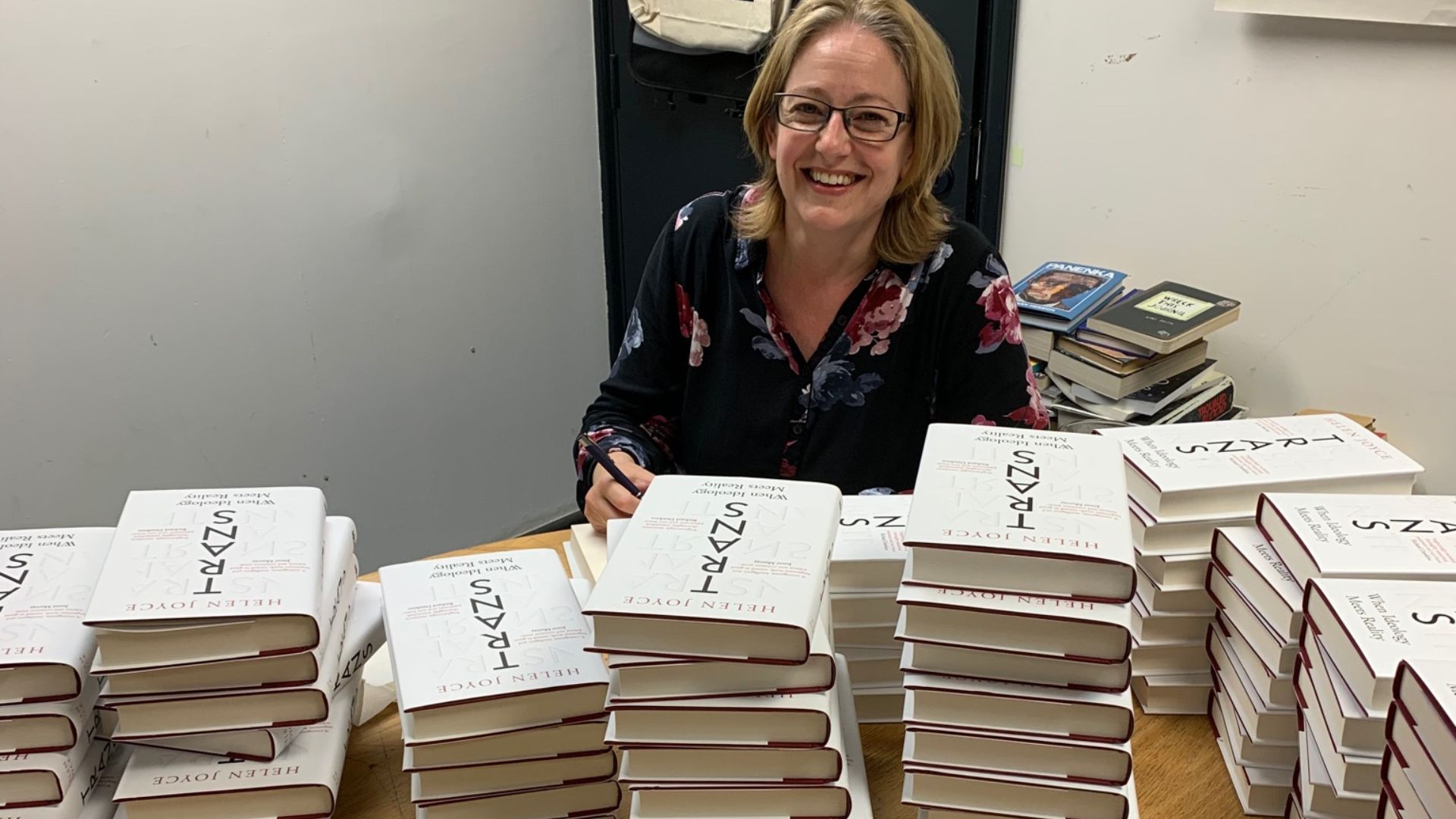
Source: Helen Joyce/X
This observation aligns with Dawkins’ views, focusing on the distinction between language used to describe gender identity and the biological underpinnings of sex.
The Limits of Medical Intervention
Joyce maintains that while surgeries and medications can alter one’s appearance and hormones, they do not change an individual’s biological sex.
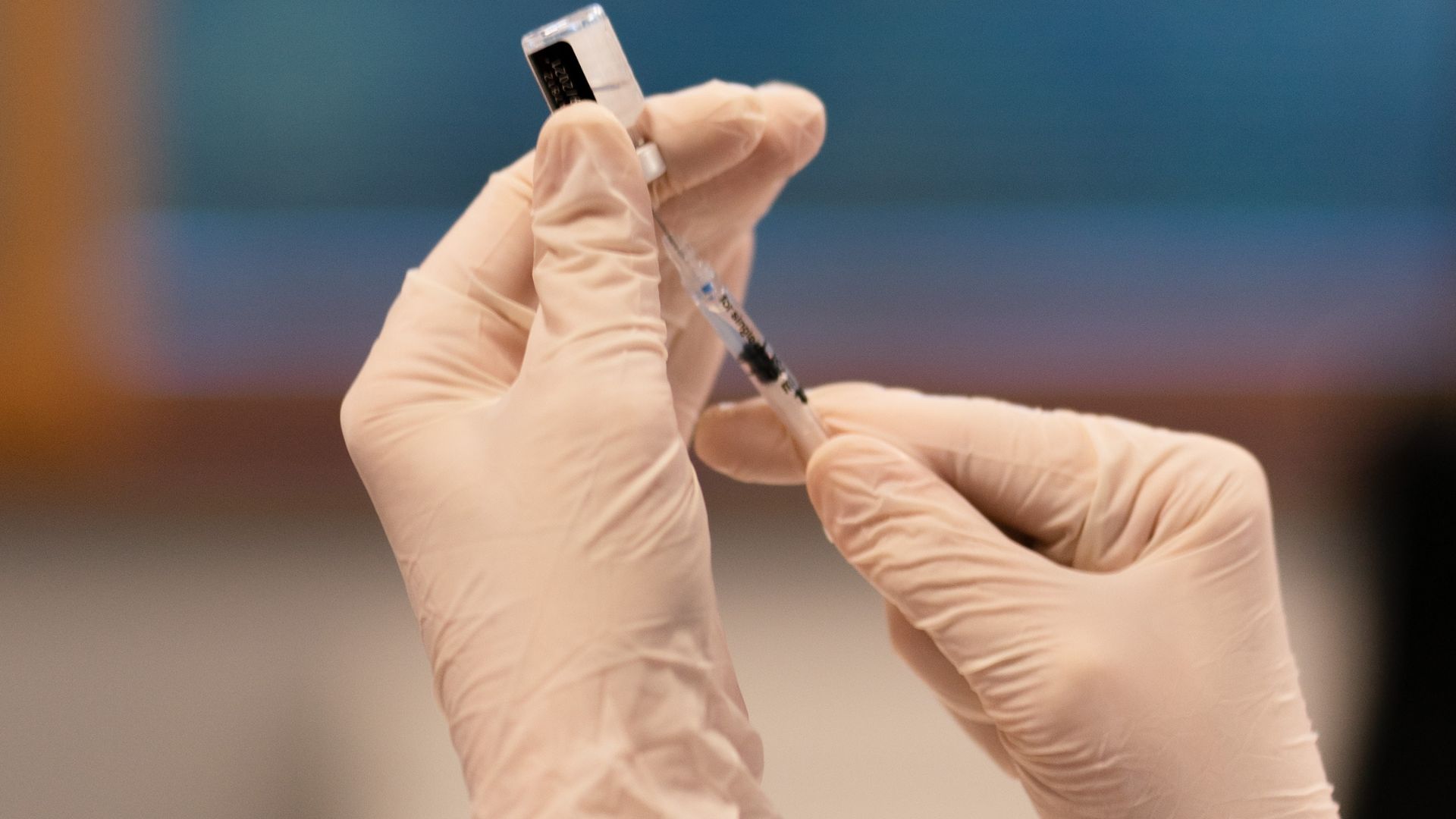
Source: Eugene Chystiakov/Unsplash
This distinction is crucial in the discussion, as it underscores the difference between one’s gender identity and their biological sex as determined by genetics and anatomy.
J.K. Rowling's Shared Perspective
The conversation extends to the cultural realm with J.K. Rowling, the author of the “Harry Potter” series, who has expressed similar views to Dawkins on gender identity.
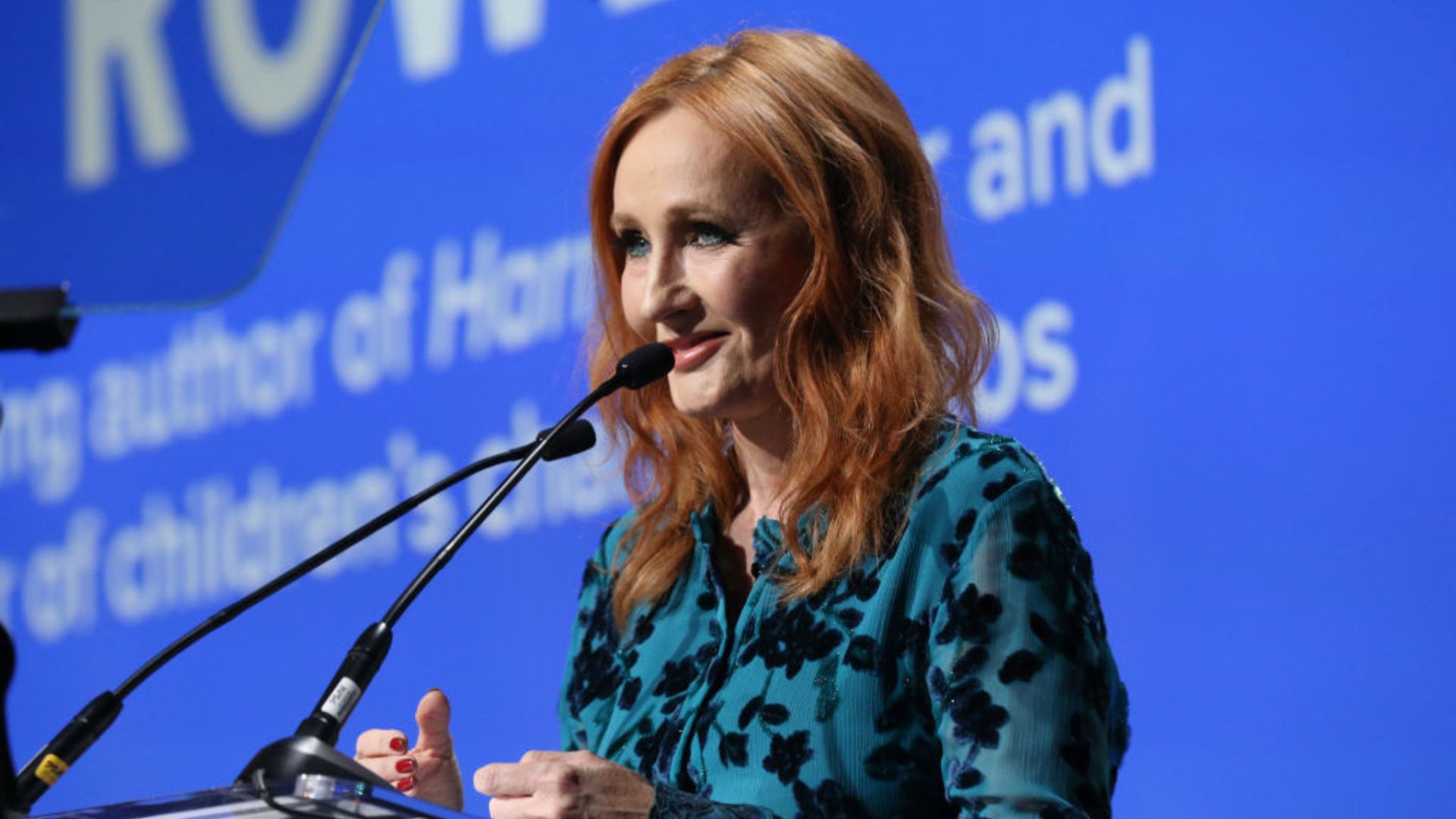
Source: Getty Images
She has publicly stated her belief in the binary nature of sex, adding a high-profile voice to the discussion.
Defending Biological Discourse In 2020
Rowling defended the right to discuss biological sex openly, emphasizing that acknowledging the existence of two sexes should not be equated with hate speech.
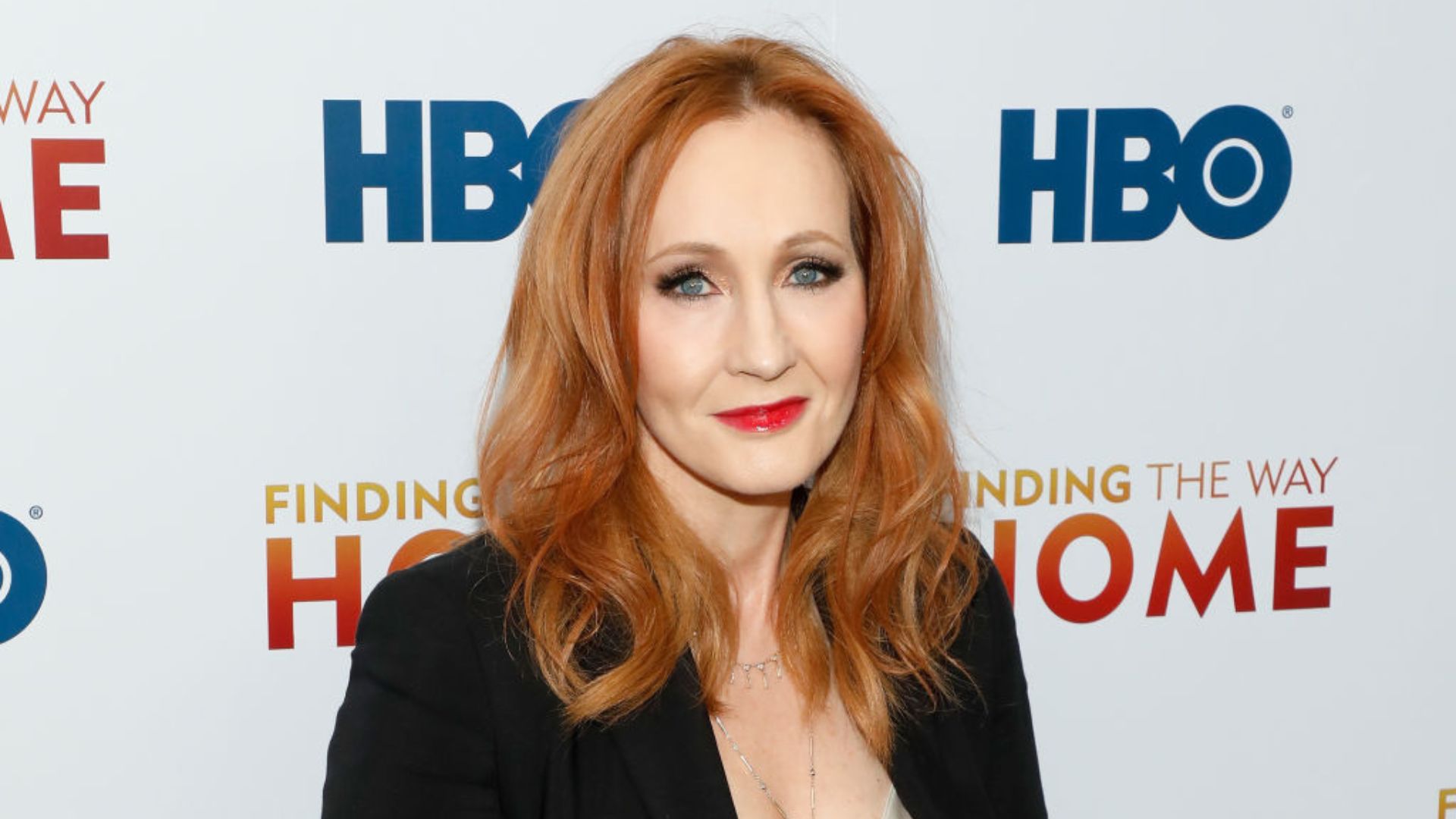
Source: Getty Images
Her remarks echo the sentiments of Dawkins and highlight the broader cultural implications of this debate.
Erasing the Concept of Sex
Rowling has expressed concerns that negating the concept of sex could hinder meaningful dialogue about people’s lives and issues.
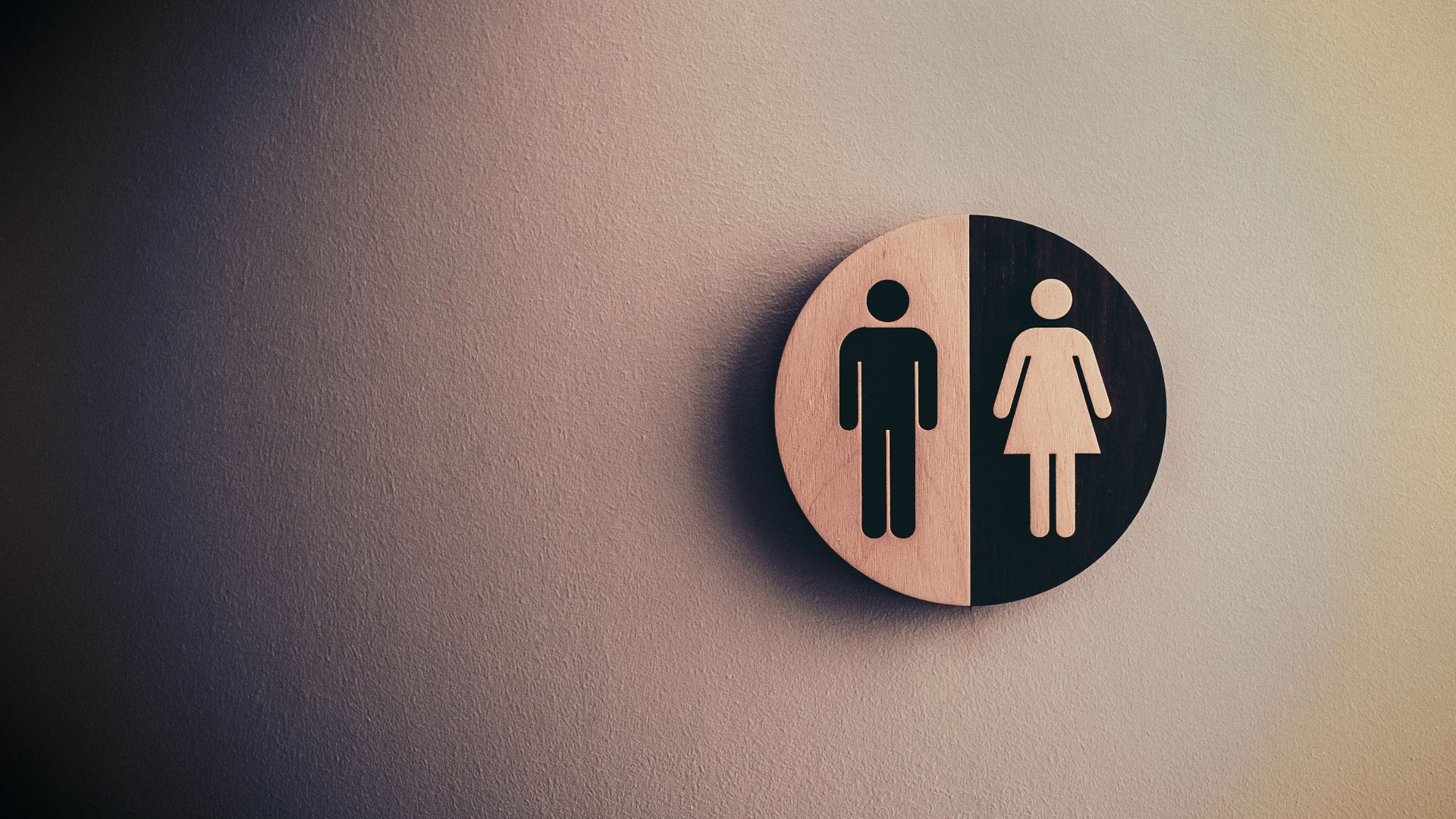
Source: Tim Mossholder/Unsplash
She points out the potential negative impact this could have on various societal discussions and personal experiences.
Highlighting Intellectual Inconsistencies
Rowling has brought attention to what she sees as intellectual inconsistencies within transgender ideology.
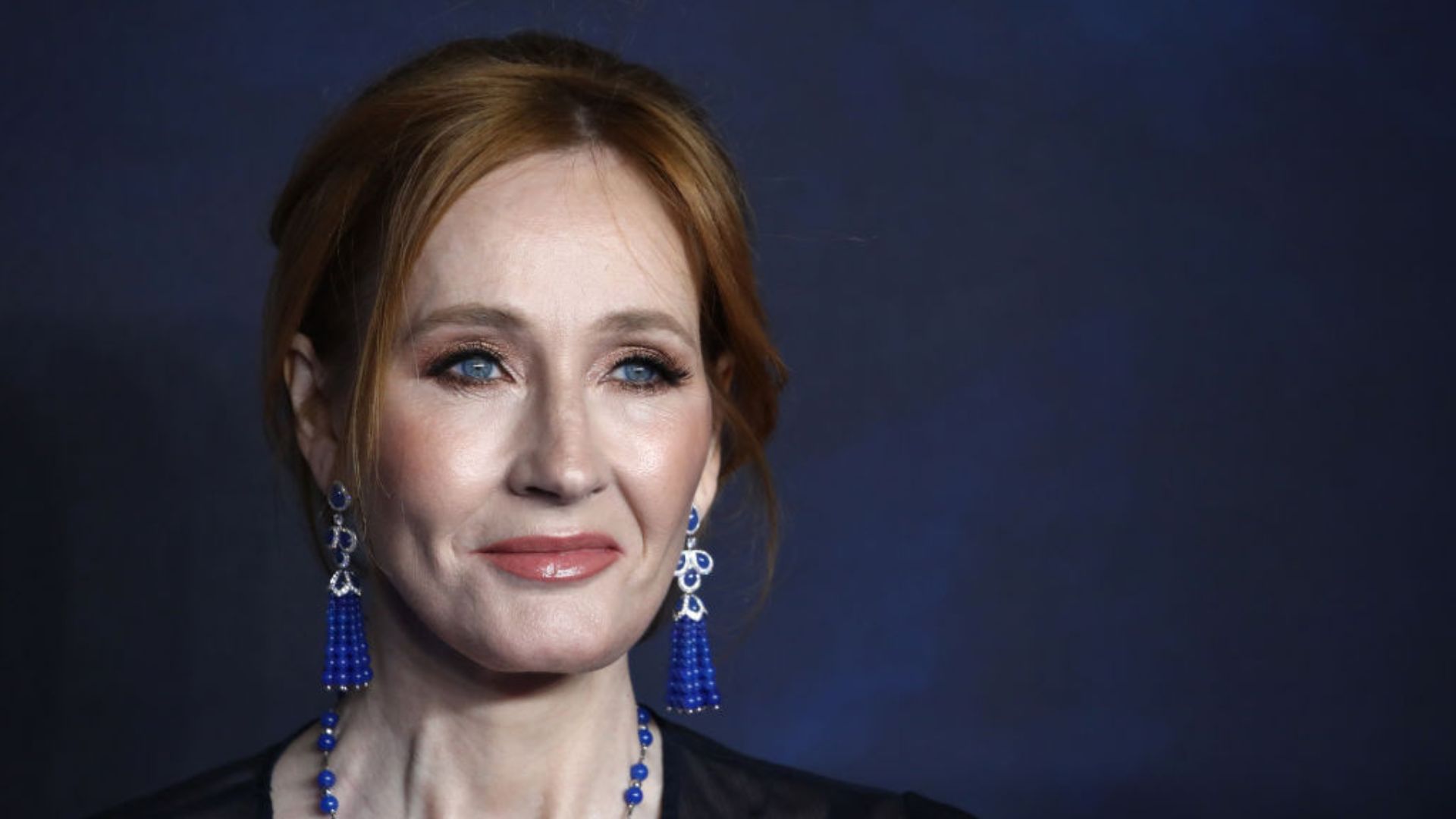
Source: Getty Images
This includes questioning how the denial of a sex and gender binary can coexist with the belief that it is possible to be born in the wrong body.
Minority Influence on the Debate
Dawkins concludes by commenting on the influence of a minority on the current discourse, referring to the perspectives that challenge his and Rowling’s as predominant, despite being held by a smaller segment of the population.
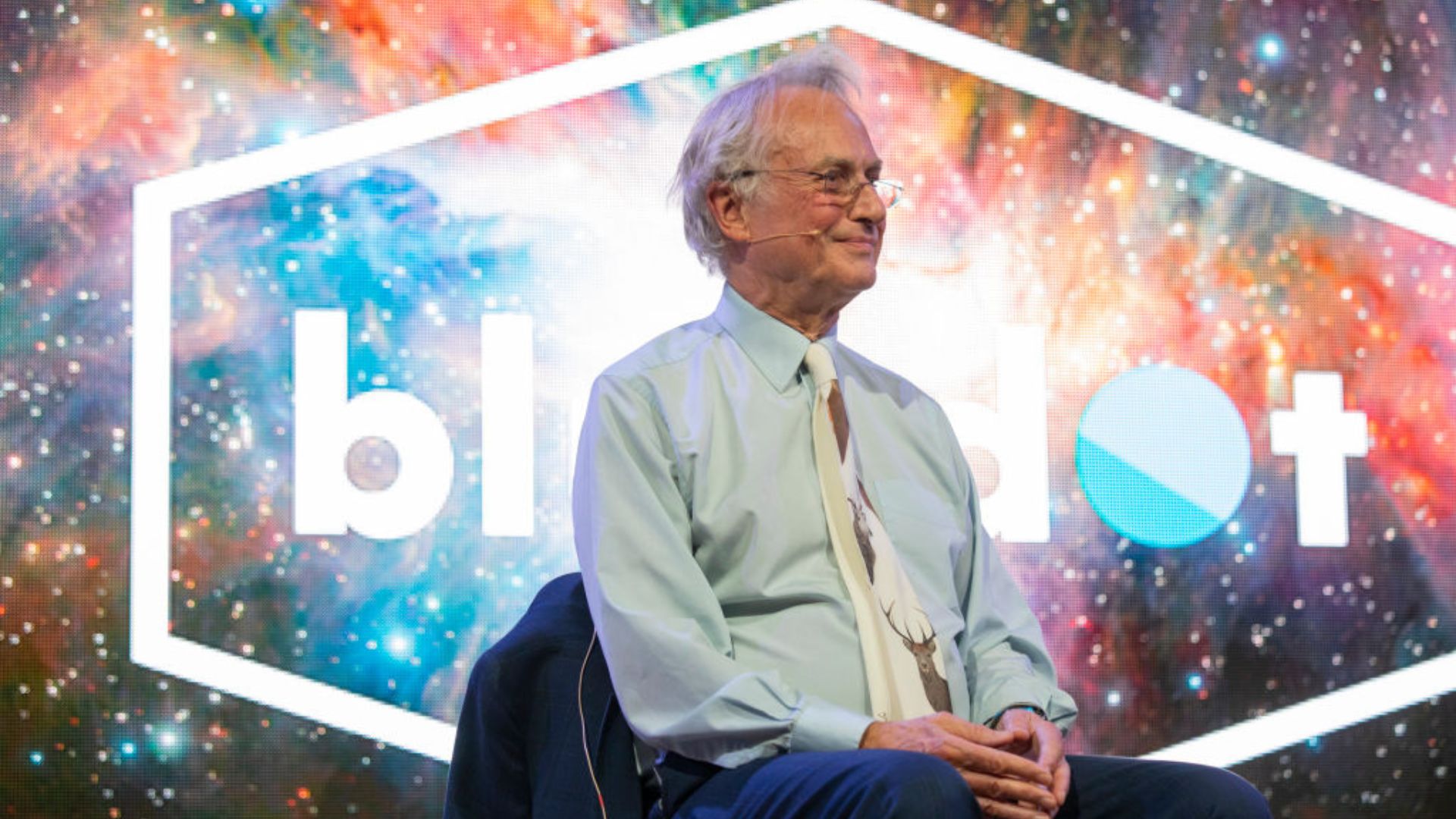
Source: Getty Images
This observation sheds light on the dynamics of public debate and the power of vocal groups to shape discussions.
